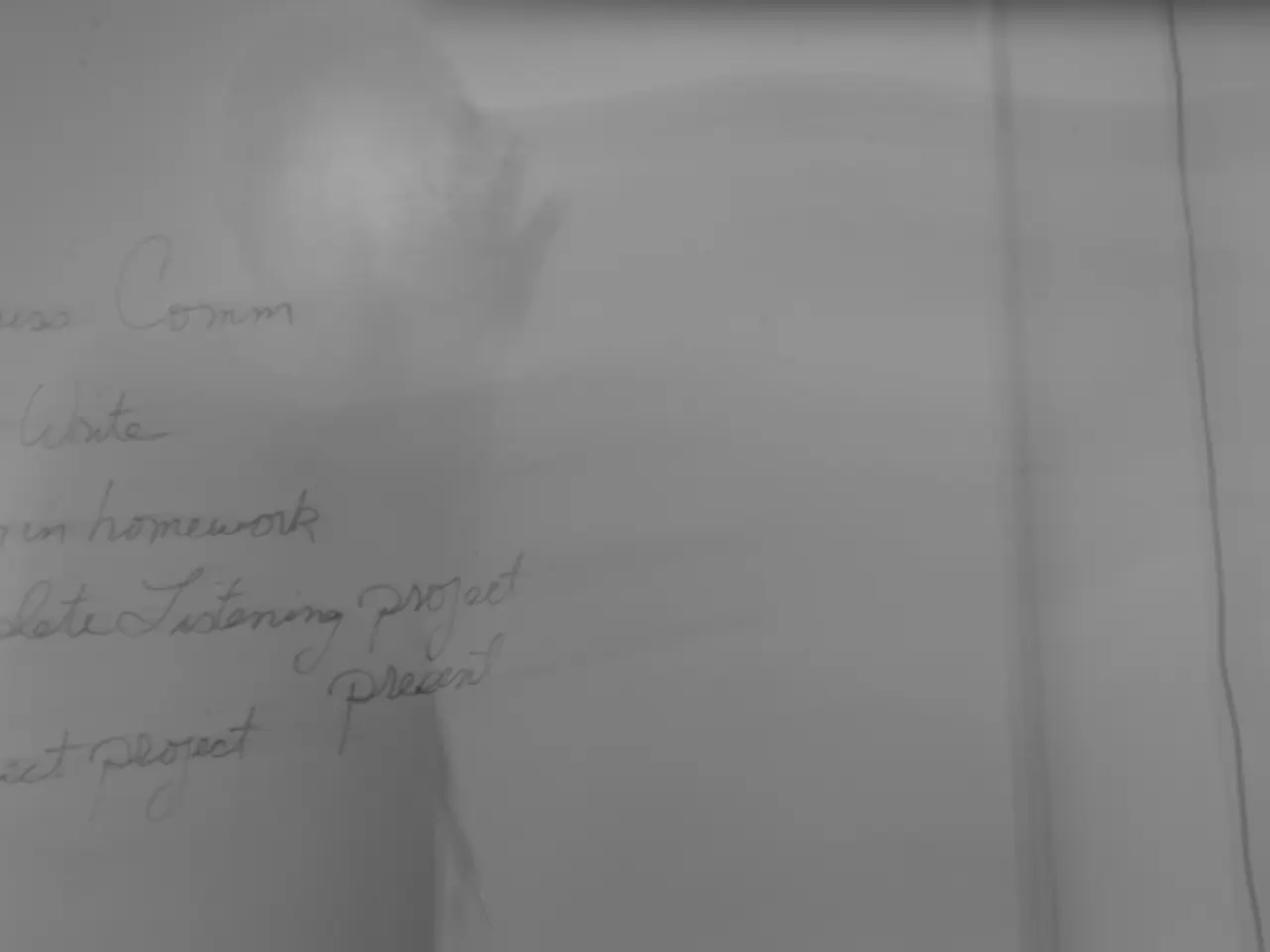Intensity escalates in the Ukraine conflict; Berlin and Paris suggest financial penalties against Russia
The European Union (EU) is gearing up to impose a new round of sanctions against Russia, with Germany and France leading the charge. This 19th package of EU-Russia sanctions is expected to be a significant development in the ongoing sanctions regime.
The proposed sanctions aim to target additional economic sectors, particularly energy imports such as Russian oil and gas, with plans to stop buying Russian energy by January 2028. Germany and France are also advocating for new sanctions against Russia's energy sector, including oil companies like Lukoil and service providers in the oil industry.
Entities involved in the export of Russian oil to the EU or trading in Russian oil are also potential targets. The price cap mechanism is being considered for European companies transporting refined products derived from Russian crude oil. Moreover, third-country companies contributing to sanctions evasion through trade in high-tech materials or resources like wood are to be more closely targeted.
The German-French initiative is not limited to the energy sector. They are considering expanding sanctions to actors in the automotive industry, civil aviation, gold, machinery, and electrical engineering sectors linked to Russia's military-industrial complex. New import bans or higher tariffs on specific goods are also being proposed as part of the sanctions.
The aim is to exclude from the European market all economic actors that provide resources to Russian economic sectors related to the war. Germany and France want to close financial and logistical loopholes that Russia is using to circumvent existing sanctions.
The ongoing planning process is for the 19th package of EU-Russia sanctions, which would result in legal acts. A unanimous decision is required for the adoption of these sanctions by the governments of the member states. Other countries that could contribute to the adoption of the 19th EU sanctions package against Russia include all 27 EU member states, as the package requires coordination among them.
The proposed sanctions could also impact around 250 small and regional banks currently involved in international transactions supporting Russia's war efforts. More Russian banks, foreign financial institutions connected to the Russian Central Bank's SPFS transaction system, and cryptocurrency service providers in Central Asia could be added to sanctions lists.
However, a challenging negotiation process is expected due to the critical stance of some countries like Hungary towards new sanctions. The EU Commission is expected to present a concrete proposal from this planning process in the coming days.
The 19th package of EU-Russia sanctions is expected to be a significant development in the ongoing sanctions regime, signifying a further tightening of economic pressure on Russia in response to its invasion of Ukraine.
Read also:
- Tobacco industry's suggested changes on a legislative modification are disregarded by health journalists
- Trump's Policies: Tariffs, AI, Surveillance, and Possible Martial Law
- Uncovering Political Ad Transparency: A Guide to Investigating opponent's Political Advertisements in the Digital Realm
- Elon Musk praises JD Vance's debate performance against Tim Walz








